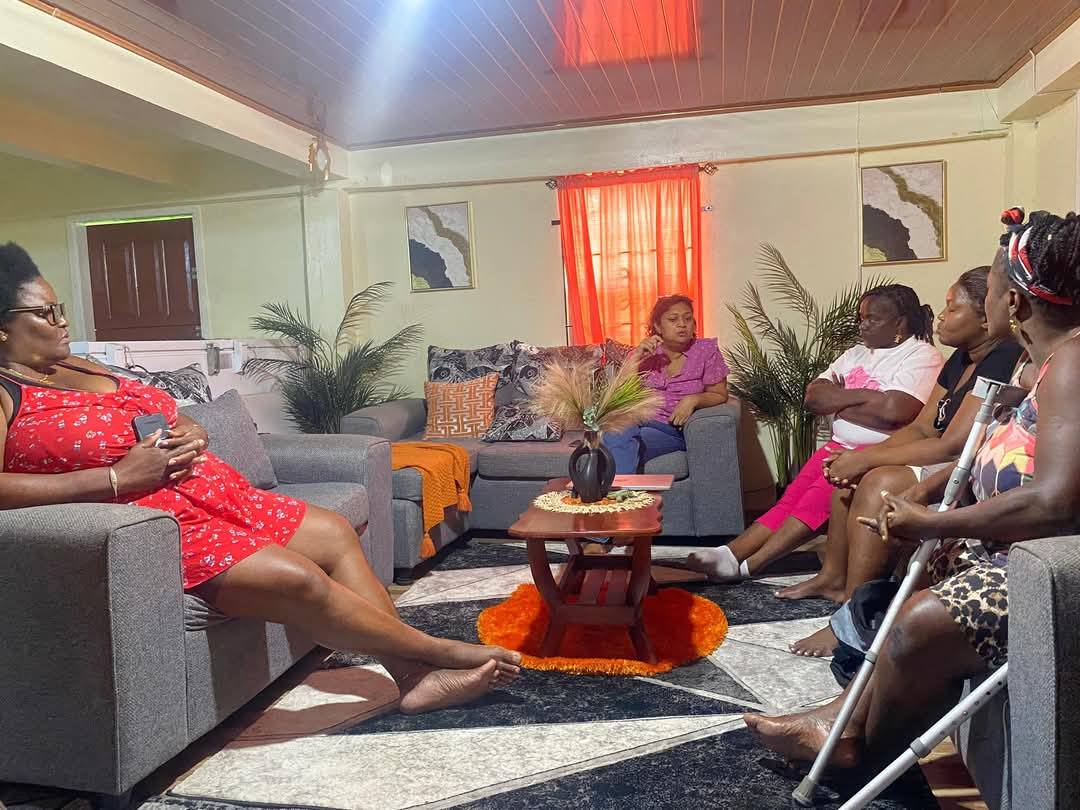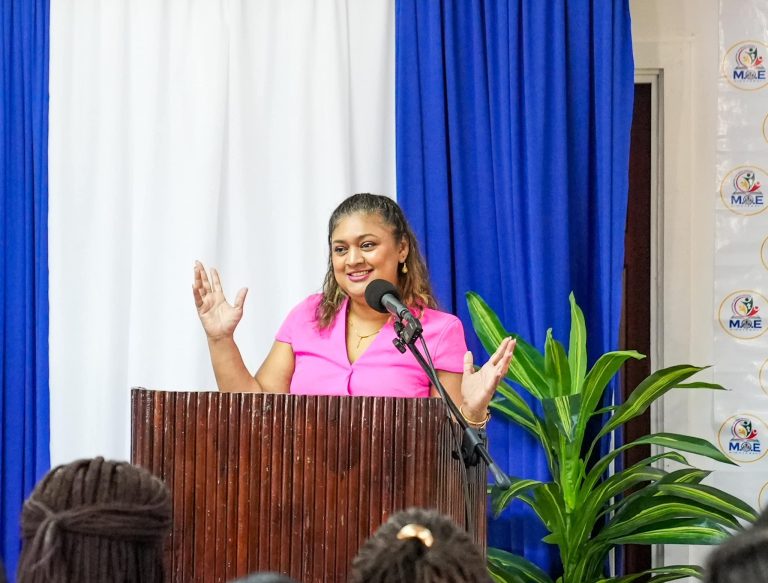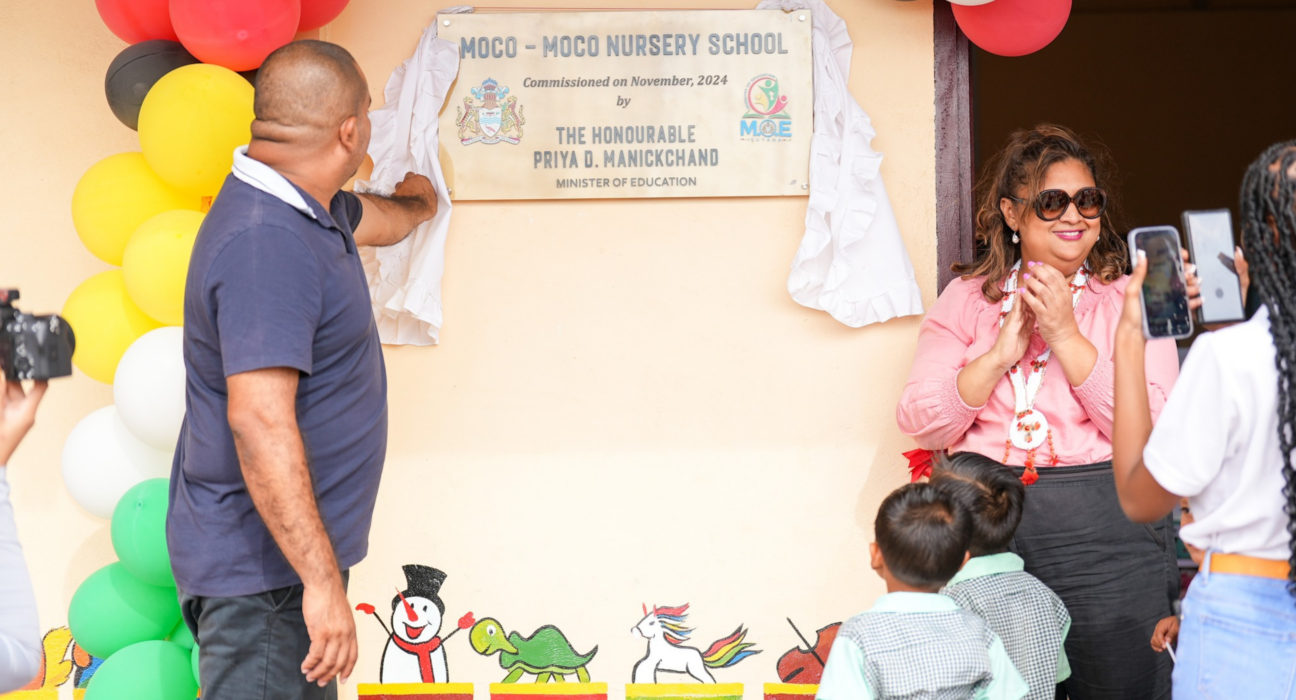Dear Editor,
Even as the Secretary General of the Organisation of American States (OAS) has written to the Chair of the Permanent Council requesting a meeting to review the situation in Guyana, I wish to make this humble submission to the OAS Permanent Council for consideration as a part of the wider context of the Guyana/Guyanese situation.
Firstly, Mr. Chair of the General Council of the OAS, I write because I am convinced that the OAS is intended to be a solution-oriented organisation and in my humble view, the current approach of the OAS about pushing for a declaration of a winner from the March 2, 2020 elections, will only trigger a civil war in Guyana. What Guyana need at this point, is a solution, not a declaration; and the OAS and the international community are well resourced and positioned to assist Guyana and the Guyanese people to find a solution. I am also convinced that the OAS and the international community does not understand the Guyana situation sufficiently, and as such, is not being helpful with its current approach.
I would like to put some additional context on the Guyana and Guyanese situation before the council. I distinctly suggested the Guyanese situation as separate from the Guyana situation, so that you will also consider that there are people involved. There is oil, resources, democracy, rule of law but also people; and a country with almost 70 years of issues between the two major ethnic groups, Afro-Guyanese and Indo-Guyanese.
Albert Einstein said that if you have 60 minutes to solve a problem, spend fifty-five minutes trying to understand the problem and five minutes trying to solve it. This missive is intended to provide the honourable General Council with context as a part of the fifty-five minutes of trying to understand our problems in Guyana and that of the Guyanese people.
On May 11, 2015, the APNU+AFC Coalition was legally elected as the Government of Guyana. The government indeed made several missteps, the fact is, they made too many missteps. Then on December 21, 2018, a No Confidence Motion (NCM) was passed against the government. Here is where the OAS General Council needs to understand Guyana and Guyanese, in the context of this situation.
I have been studying the Guyanese society, its people and leadership for about 10 years in my attempt to develop a deeper understanding of how the society works, in order to be an effective part of the solution. Societies are complex, it took the United States of America; one of the oldest democracies, almost 200 years, to develop the democracy they have today; and even they are still evolving as a society.
By the time Guyana went to the Local Government Elections in November 12, 2018, many supporters of the APNU+AFC Coalition were sufficiently indifferent to the government, that they had no difficulty with the PPP/C going back into the government. What the PPP/C ought to have done, was to wait until the May, 2020 elections, while they continued to mobilise the support base of the APNU+AFC; however, in an attempt to fast track things, the PPP/C brought the No Confidence Motion (NCM) against the government and it was passed when one of its parliamentarians, in the one seat majority government, voted with the opposition. The APNU+AFC supporters then felt that this was a ‘coup’ against their government and once again rallied around their government.
During 2019, at various points, it appeared to many of their supporters, that the APNU+AFC were not responding positively to the decisions of the courts and even though it was their party, many were not in support of what was apparent, that the rule of law was not being adhered to, so by mid to late 2019, many of them had become indifferent again to the APNU+AFC and had no difficulty with the PPP/C winning the elections.
However, after the events around the March 2, 2020 elections and the malpractices committed by both the APNU+AFC and the PPP/C, the APNU+AFC supporters are again rallying around their party. It is also widely believed that the international community wants a change in regime in Guyana and the supporters of the APNU+AFC are of the view that they need to fight for their government.
In addition, the way in which the international community is approaching this matter, it is also seen as an attempt not only to achieve a change in regime but to disgrace the black leadership in Guyana in the process. This is where I believe that the international community does not sufficiently understand the intricacies of the Guyanese society.
In my view the big mistake the PPP/C made, was to bring the No Confidence Motion and for one of the government parliamentarians to vote in favour, effectively bringing down the government. How different was this No Confidence Motion from the one that was brought in 2014 by the APNU and AFC majority opposition against the then PPP/C minority government, in that instance there was a majority opposition that could have passed the motion, in this case it was a government parliamentarian that voted with the opposition. The emotions might have been similar as it is now, had an opposition parliamentarian voted with the then PPP/C minority government, not to pass the motion.
I will now include the following two concepts in my discussion – the ‘Settlers’, ‘Prospectors’ and ‘Pioneers’ Value Modes model. Using the concepts of the Settlers, Prospectors and Pioneers. Guyana, like Britain, is evolving from being more of a country of ‘Settlers’ and to some extent, ‘Pioneers’. Over the years we have also seen an emergence of more ‘Prospectors’ in leadership in Guyana, as well as within the society.
President Granger, in my analysis, is from the ‘Settler’ and to some extent ‘Pioneer’ generation, however, President Granger is more of a ‘Settler’. He is also more of a thinker as such he needs time to internalise and process, his weakness therefore, is translating these ideas into processes and systems, this is where he needed to select his team based on his strengths and weaknesses.
The Opposition Leader, Mr. Bharrat Jagdeo on the other hand, is more of a ‘Prospector’, in my assessment; he is more of a strategist, but more a cunning strategist instead of a clever strategist. One of the reasons Guyana is facing the challenge with the current election impasse, is because of this aspect with the Opposition Leader’s approach to finding solutions in our complex society. Some of his ideas are very good but the approaches, methodology and pathways he chooses to achieve these goals and find solutions, create problems in our complex society, as is currently the case.
Many questions are being asked, such as, what has President Granger done for the international community to be so aggressive about a change in his administration? However, let us continue with this examination. With President Granger being more of a ‘Settler’ and a thinker, this has been a challenge; for example, with the private sector. With him being more of a ‘Settler’, the President is more risk averse, specific areas where this has impacted on, is the long decision-making time span.
The aggressive push from the private sector for a change in administration, in my analysis, is not all about them wanting the PPP/C to win, but the private sector is profit-driven, and some of the concerns with a President coming from more of a ‘Settler’ generation is how an economy that will grow at least 10 times more in 2020 that in 2019, be managed. So many of them are of the view that Mr. Jagdeo, as a ‘Prospector’ (some call him a maximum leader), will manage the differently, even though many do not totally agree entirely with his leadership style and approaches to governance and problem-solving.
While I understand the issues, they do not justify what seems to be an attempt to overthrow President Granger’s government. If the Guyana and Guyanese problem is understood properly, then, and only then can a workable solution be developed.
Surely, President Granger needs to make some adjustments in his leadership style, to become more of a ‘Pioneer’. Mr. Jagdeo’s needs to make some adjustments in his leadership style, to be more clever as a strategist and less cunning These adjustments in both leadership styles would facilitate the inclusive governance approach that is absolutely needed at this point in Guyana.
A few of us have pulled together an adhoc so-called ‘Governance Group’ in an attempt to find a solution to this current election impasse and governance solutions for our country moving forward. We developed a proposal for an inclusive governance approach for possibly the next three years, where APNU+AFC and the PPP/C will rotate the Presidency and Prime Ministerial positions during this period, other suggestions were also made for an inclusive governance arrangement. This proposal was shared with our leaders.
My appeal to the OAS General Council is to have a look at this document, as you deliberate on a solution (I hope) for Guyana. What Guyana and the Guyanese people need at this time, is not a declaration but a solution to our 67 years old ethno-political which leads to social and economic exclusion.
Finally, it is important to note that these Values Modes (Settlers, Prospectors and Pioneers) are not necessarily good or bad or right or wrong, they are more about who people are and ‘what makes them tick’.
Yours faithfully,
Citizen Audreyanna Thomas
Source: https://issuu.com/guyanachroniclee-paper/docs/guyana_chronicle_epaper_07_15_2020




